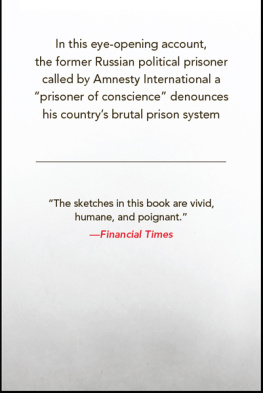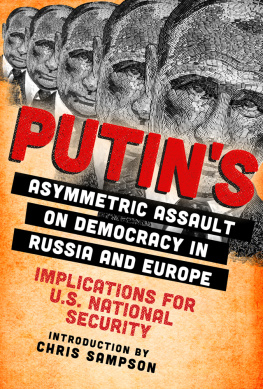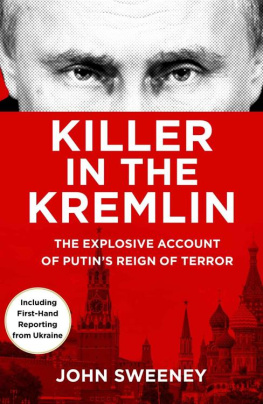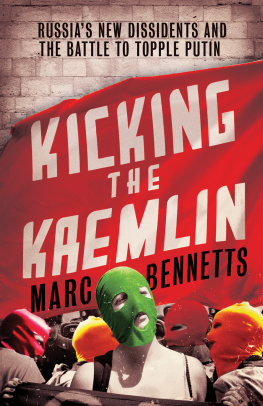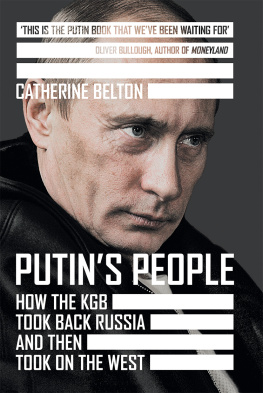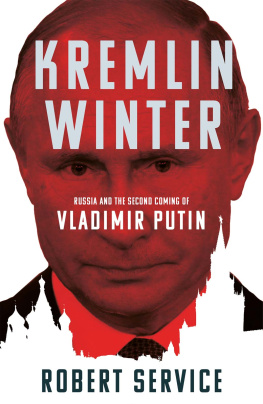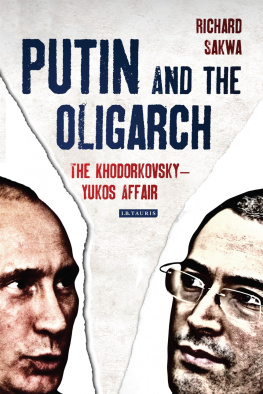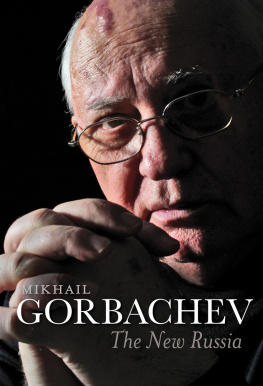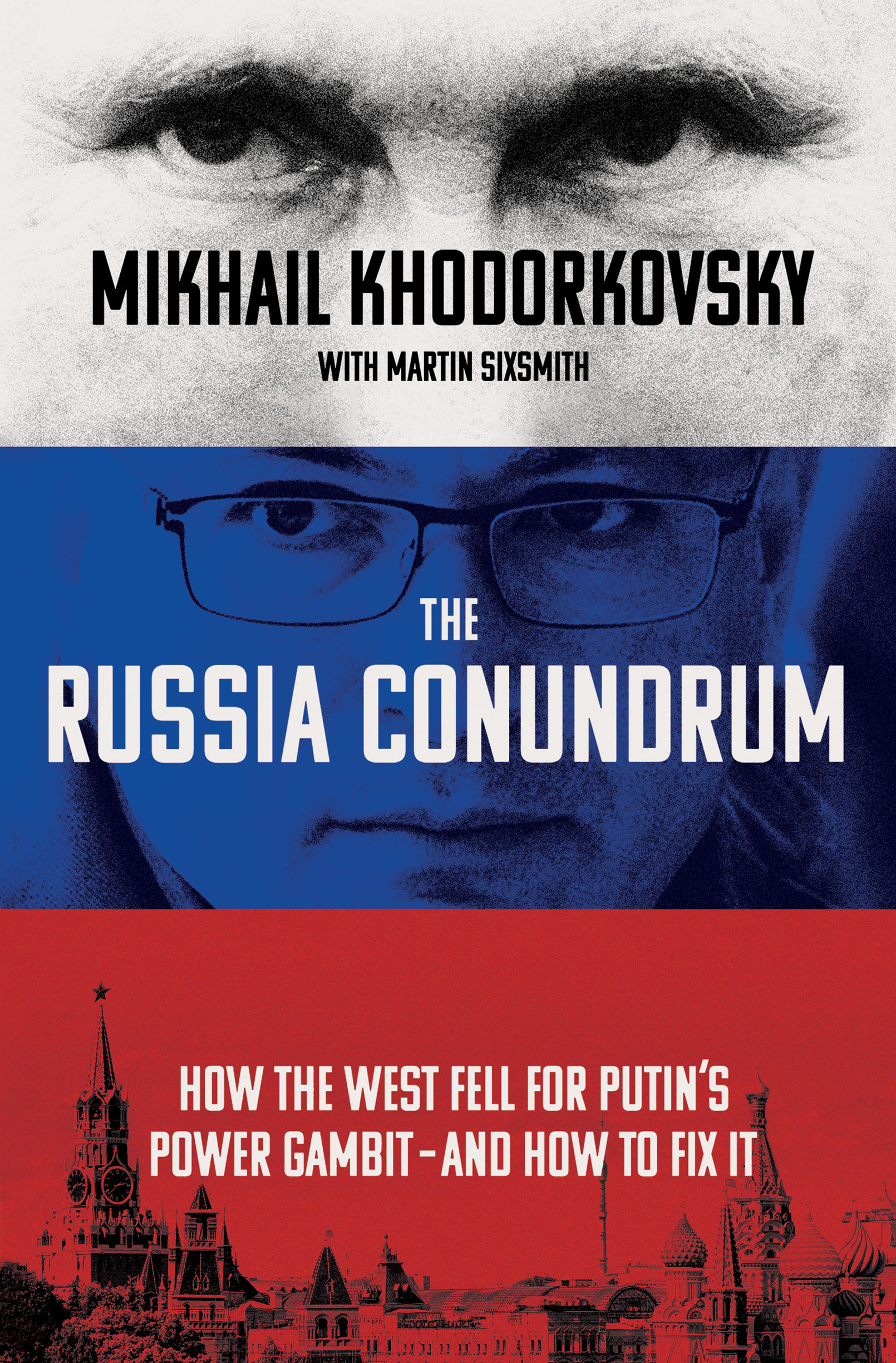Contents
Guide
Pagebreaks of the print version
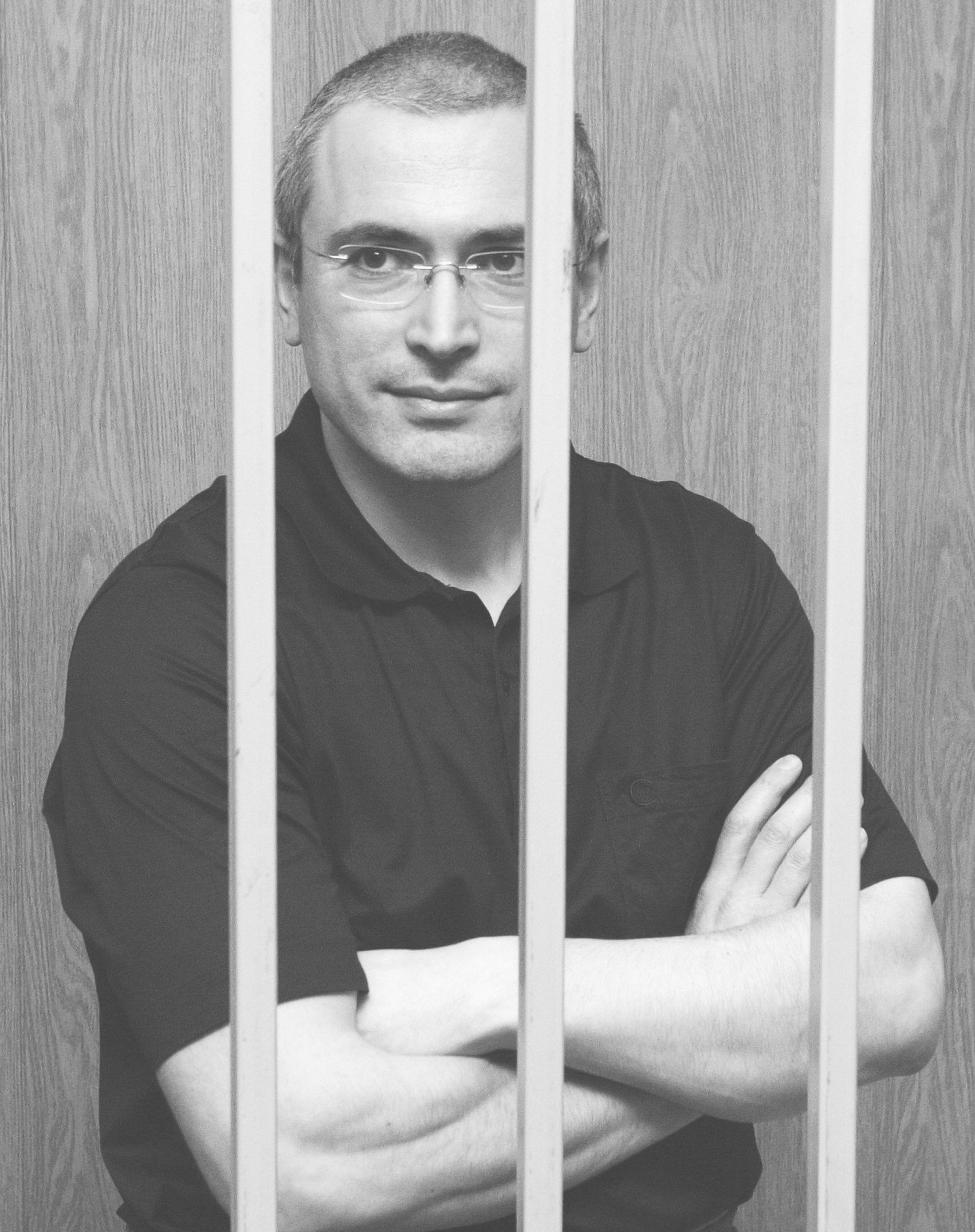

The author and publisher have provided this e-book to you for your personal use only. You may not make this e-book publicly available in any way. Copyright infringement is against the law. If you believe the copy of this e-book you are reading infringes on the authors copyright, please notify the publisher at: us.macmillanusa.com/piracy.
As I was writing this book, the world changed. Vladimir Putins invasion of Ukraine on 24 February 2022 unleashed potentially the most brutal conflict on European soil since the end of the Second World War. Seven decades of commitment to the cause of peace were replaced by a return to the era of great power intimidation. A paranoid dictator launched an unprovoked war against a peaceful neighbour, ordering missile attacks on civilians that killed women and children, toying with Armageddon by shelling nuclear power stations, exposing his own young conscripts to untold horrors, watching thousands of them return in body bags.
Putin lied to the Russian people. He claimed his aim was to de- Nazify a country that was in reality a law-abiding democracy, led by a Jewish president. He called it a special military operation and attacked those who spoke the truth about his wanton act of aggression. He banned independent newspapers and broadcasters, personally dictating the distorted version of events that would appear in Russian state media. Readers and viewers were told the same lies hour after hour, day after day, and most of them believed them. Russians did not see the images of cities in ruins, terrified child refugees, burned out Russian tanks and defiant Ukrainians defending their homeland. They did not hear about the captured Russian soldiers, the international outrage and the speculation about the state of Vladimir Putins mental health. All they heard was that Putins operation was going to plan.
So scared was the Kremlin by the power of the truth that it passed a law imposing 15-year jail terms on anyone deemed to be spreading false information (for which, read true information) about the military campaign. The result was an escalating barrage of absurdities, in which the Ukrainians were blamed for everything including bombing their own nuclear power plants, deliberately placing their civilians in the path of Russian bullets, using Chinese students as human shields (a nod to Beijing that it should offer more support) and shooting at refugees to stop them fleeing. The only thing the Russian media were unable to supply were the heartening TV pictures of Moscows troops being greeted as liberators by a grateful population.
Even in Putins deluded world of cynical realpolitik, the invasion had little logic. Whatever the outcome of the initial offensive, it was evident that he would be left with intractable problems.
He might eventually declare Ukraine defeated, but he would be manifestly unable to subdue an angry, resentful population, tens of thousands of whom had been equipped with automatic weapons. Even the Russian-speaking minority in the east of the country, in whose defence the invasion was supposedly launched, were left dismayed by the extent of the violence. The prospect of a protracted insurgency, with occupying troops being shot at and partisans roaming the countryside, was hardly an attractive one.
Despite his sneering dismissal of Western sanctions, Putin knew they were a danger. Russias economy had long been on the slide and exclusion from the global banking system promised to leave it in limbo. Russians were hit by exchange controls, soaring inflation and cash shortages; the withdrawal of electronic payment systems resulted in queues to get into the Metro; and the younger generation was left disgruntled by the curtailment of messaging services and computer gaming, all of which promised to fuel social discontent.
Anti-war demonstrations in Moscow and St Petersburg in the weeks after the invasion were quickly repressed, but even Putin cannot arrest everyone. The prospect of domestic opposition coalescing around the Ukraine issue was a worry for him, made worse by the emergence on social media of images of killed and injured Russian soldiers and prisoners of war.
The world was taken aback by the February invasion. Putin had previously massed troops on the Ukrainian border in the spring of 2021, but withdrew them after ratcheting up tensions. When troop deployments resumed in December 2021, the global community assumed that this time, too, Putin was bluffing. There was speculation about his aims, some sympathy for his complaints about NATO expansion into Eastern Europe and discussions of concessions that the West might make. All the sympathy and all the suggestions among Western liberals that Putin should be given the benefit of the doubt evaporated when Russian tanks rolled over the border.
The worlds shock and horror left me a little bemused. Unlike those who have persisted in appeasing Putin, turning a blind eye to his provocations in the hope that he might be mollified into being nice to us, I dont harbour any illusions about him, although I admit that the methods and the scale of his invasion were a surprise to me. My long and painful personal experience of dealing with Vladimir Putin showed me that he can never be trusted, that he is capable of the most terrible crimes, and that his smiling promises of cooperation and understanding have always been less than worthless.
Today, I am more convinced than ever that he is a dictator who must be stopped, regardless of the risks and regardless of the costs that we will have to bear; our sufferings pale by comparison with the shelling and bombing of innocent civilians. For if we do not stop Putin in Ukraine, he will inevitably lead us into global war. Comparisons to Hitler may seem exaggerated to some, but we should be very wary of appeasing Putin in the manner that gave Hitler free rein in the 1930s. We must not repeat that mistake it will be too costly for all of us.
My purpose in writing this book is to explain the damage that two decades of Putin have inflicted on Russia and on EastWest relations, and to suggest constructive ways forward now that the international community is aware of the truth.
21 March 2022
Im a fairly calm fellow; I dont usually get wound up about things. But I was, lets say, concerned when I tuned in to the Moscow Echo radio station and heard that the Kremlin had put a price on my head.
It has been stated, said the radio, that a bounty of five hundred thousand dollars will be paid for the capture of the former head of the Yukos Oil Company, Mikhail Borisovich Khodorkovsky, who is currently hiding in London. The reward will be payable to any Russian citizen who brings the former oligarch back to Russia.
The announcement didnt quite say Dead or alive, but it came close.
This was in March 2021, after I had completed my ten years as a political prisoner in Vladimir Putins jails and seven years after I had been exiled to the West. My understanding has always been that serving a prison sentence even those imposed for non-existent crimes means the end of the matter, but that is evidently not the Kremlins view. Sergei Skripal had served his term and been released, but it didnt stop Putin sending GRU killers to try to poison him, so why would I be any different? The radio announced that the bounty on my head had been promulgated by a member of Vladimir Putins inner circle, so it was clear that it came from the top.


